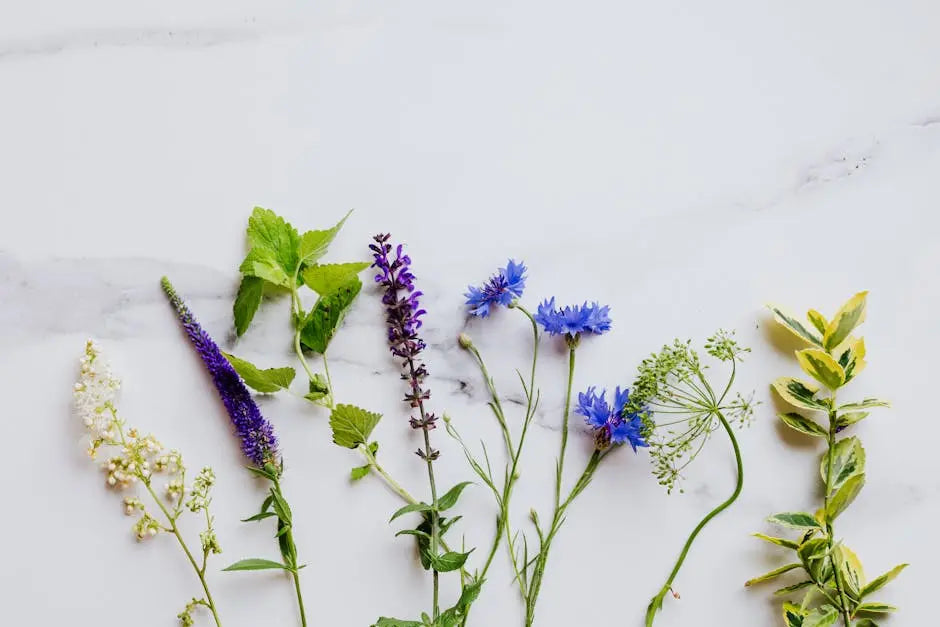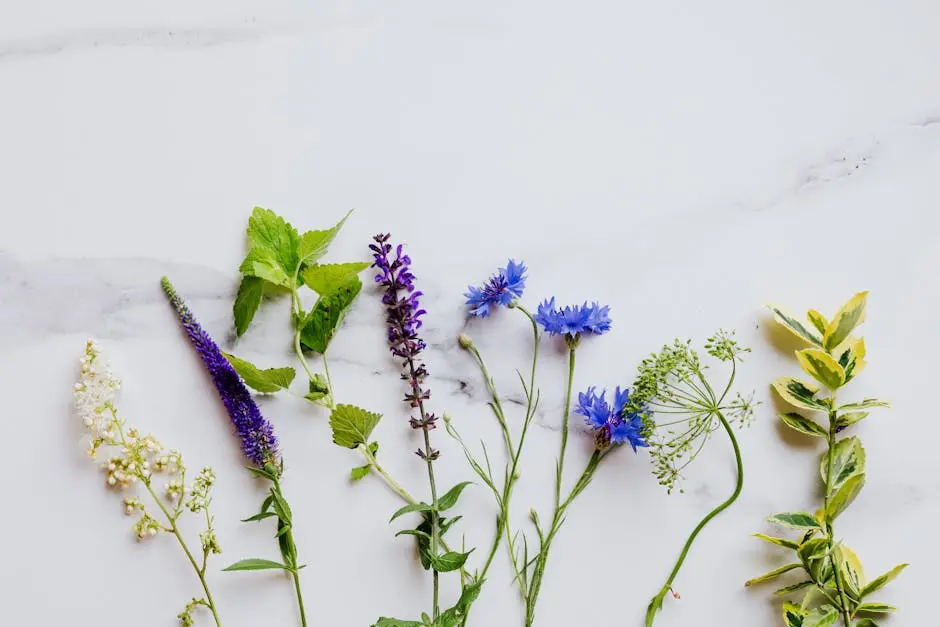
8 Questions to Ask Before Buying from a Botanical Store
Share
Stepping into a botanical store can feel like entering an enchanting world filled with plants and natural products. Whether you’re shopping for houseplants, herbs, or botanical skincare, asking the right questions can make your shopping experience rewarding and satisfying. Let’s explore some questions to consider before making your purchase.
1. Who Grows the Products?
Understanding the origin of the plants and products can give you insights into their quality. Ask about the growers or suppliers the store partners with. Knowing the source can also connect you to local growers, which supports the local economy and reduces the carbon footprint associated with long-distance shipping. Stores that source their products from reputable farms or greenhouses tend to have better-quality products and can provide more detailed histories and care recommendations for their plants and produce.
2. Are the Plants Organic?
Organic plants are grown without synthetic pesticides or chemicals, offering a safer option for your home and health. Check which products in the store adhere to organic standards. Certifications such as USDA Organic can assure you of the plant’s authenticity. Organic gardening not only helps in maintaining a healthier environment but also ensures that the plants are safer for children and pets. Discuss with the store staff about the methods used in growing the plants and how often these are inspected for quality assurance.
Moreover, purchasing organic plants can be a step towards sustainable living. By opting for these, you contribute to a reduction in harmful chemical use. If you’re interested in expanding your organic collection, inquire if the store offers any organic seeds or fertilizers for a complete eco-friendly gardening experience.
3. What Care Instructions Come With the Plants?
Every plant is unique, with specific needs for sunlight, watering, and soil. Make sure to get detailed care instructions to keep your green friends thriving. Some stores provide comprehensive care guides or even personalized advice, which can be particularly helpful if you’re new to plant care. Ask if the botanical store has resources or workshops to help you learn the best practices for different plants.
It’s also valuable to know if the plant comes with any specific warnings or requirements, especially for exotic varieties that might need special attention. For instance, humidity-loving plants might require you to create a more humid environment to mimic their natural habitat. Thus, getting the right care instructions can prevent any potential mishaps and ensure a lush living space.
4. How Long Has the Store Been Operating?
A store with a long-standing presence likely has a wealth of experience and a loyal customer base, which can be indicators of quality and reliability. Long-established stores often have a proven track record and detailed knowledge about various plant species and care requirements. They may share insightful stories about the evolution of plant trends and how they’ve adapted their stocks over the years to meet customer demands.
Inquiring about the store’s history can also reveal more about their business ethics and philosophy. Some older stores might have longstanding relationships with suppliers, turning this into a compelling story of business and passion for botany combined.
5. Can They Provide Plant Health Warranties?
Some stores offer warranties on the health of their plants for a specific duration. This can provide peace of mind, especially for novice plant owners. A warranty could mean that the store is confident in the robustness of its plants, making it a reliable choice. It’s wise to ask about the terms and conditions—such as any exclusions like improper care—that might invalidate the warranty.
Having a plant health warranty also encourages you to engage with the store for advice if any plant issues arise, strengthening your relationship with the store as a knowledgeable resource. Consider this aspect as an extended service, creating a safety net for your investments in new greenery.
6. Are There Any Eco-Friendly Packaging Options?
Sustainability matters to many plant lovers. Ask if the store uses eco-friendly packaging or if you can bring your containers for plant purchases. Shops that prioritize sustainability often extend this practice to every aspect of the business. Inquiring about packaging options might also lead you to discover that the store implements other eco-friendly practices, such as composting waste or recycling.
When a store provides sustainable options, it’s easier for customers to make environmentally conscious purchases. Choosing biodegradable pots or packaging that can be composted at home can significantly cut down on plastic waste, aligning your shopping habits with a greener lifestyle.
7. What Are the Store’s Return Policies?
Understanding return policies is crucial, particularly if you’re buying plants that might not adapt well to your environment. This information can save you from potential disappointments. For instance, if a plant begins to show signs of decline shortly after purchase, having a flexible return policy in place can allow you to exchange or get a refund without hassle.
Return policies might also reveal how supportive the store is when it comes to post-purchase service. Check if they offer plant replacement services or consultations to assess plant health and determine the best course of action.
8. Can You Get Advice on Plant Selection?
Choosing the right plant for your space and lifestyle is essential. See if the store offers guidance or consultation to help you make the best selection. Many botanical stores have staff who are passionate plant enthusiasts and can offer personalized suggestions based on customer needs and experience level.
Enquire if they provide continuity in guidance, such as follow-up services or links to helpful resources about plant care. Engaging with expert staff not only helps you feel more connected to your purchase but also ensures the plant you take home has a higher chance of thriving under your care.
